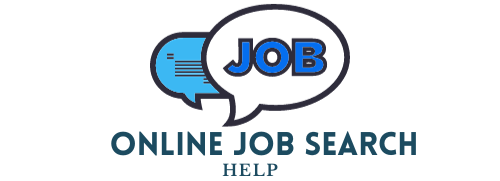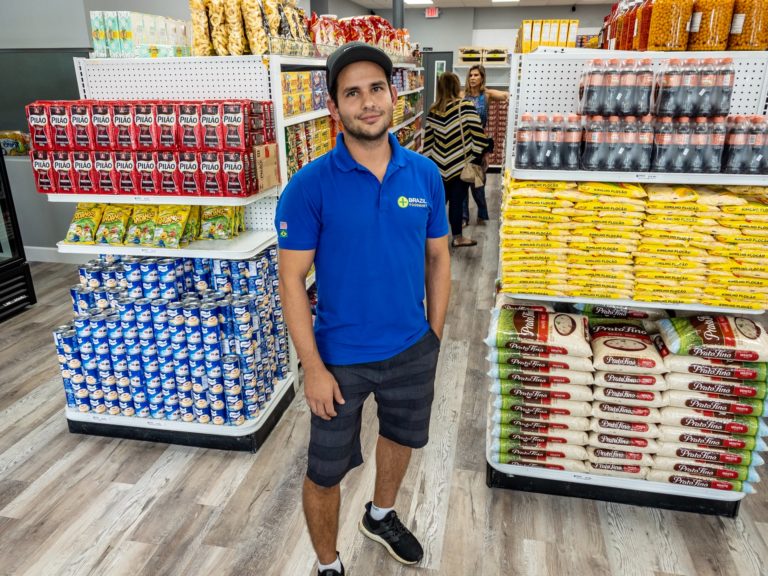What Does It Mean When An Interviewer Says We’ll Be In Touch?
It can be difficult to read the intentions of an interviewer, but when the interviewer says we’ll be in touch, it usually means one of two things. Either they are not interested in you and are just being polite, or they want to keep your resume on file in case a more qualified candidate drops out. In either case, it’s not a good sign, so you should move on and start applying to other jobs.
However, there is a small chance that the interviewer is actually interested in you and is just waiting to hear back from other candidates. If this is the case, it’s important to follow up with them after a week or so to show your continued interest. If you don’t hear back after that, it’s probably safe to assume that they weren’t interested after all.
Table of Contents
Positive Meaning
We’ll get back to you as soon as possible once we’ve made a decision on whether or not we’re going to move forward with your job application. An interviewer rarely gives you no indication that you’ve progressed and instead tells you that the company will get back to you.
The quantity of follow-up questions you received from the prospective employer is a sign that you did well in the interview. It’s pointless for her to dig more into your qualifications if she doesn’t care about you or thinks you won’t obtain the job. No one wants to leave an interview without knowing what will happen next, and every interviewer knows this.
If the interviewer liked what she heard about you and wants to keep in touch, she should say something more than “We’ll be in touch” to let you know.
This sentence is frequently followed by a timetable and signifies, “We’ll contact you with future actions.” The expression “I’ll get back to you,” which indicates that the interviewer is personally committed to reaching you, is a more positive sign.
Negative Meaning
People are typically wary of causing a stir or delivering unwelcome news. To notify a prospect that he or she will not be hired in person is a difficult task for someone who frequently interacts with hopeful (and at times desperate) job seekers.
For some, this can be especially challenging after they’ve just spent 30 minutes or so telling you how wonderful they are.
“We’ll be in touch” suggests that the employer will send you a letter or email to let you know if you were passed over for the next round of interviews. You can avoid the awkwardness of stating, “I’ve just listened to every single one of your qualifications and all the hard work you’ve put into your career, and I’ve determined that you’re not good enough for this position.”
That’s something no one wants to say. “We’ll be in touch” indicates “Don’t call us, we’ll call you” if you don’t get the job.
Neutral Meaning
An interviewer may not be able to tell whether or not you’re a strong applicant for a job until the very end of the process. Now. The first time he interviews you, he may not even know who you are. One or two other candidates may have edged you out in the polls. Let me take some time to think about the interview and get back to you, and I’ll let you know if it went well or not.

What To Do When Interviewer Says We’ll Be In Touch
If you don’t know what “We’ll be in touch” means, it can put you on pins and needles for days or even weeks. Assuming this is the extent of the information provided by the interviewer, be assertive and polite when requesting additional details.
One inquiry to try to get an answer to is, “Do you have a schedule for the next round of interviewers?” Look for other signs that could indicate a positive or negative outcome.
This is a good sign if your interviewer walks you out of the office and introduces you to other staff. This is a bad sign if she stays in her office and allows you to go on your own.
How To Change Interviewer’s Opinion?
Is the interviewer uninterested? Let’s suppose this is what you thought. Sending a thank-you email to the interviewer is the finest follow-up action you can take after the meeting.
Please express your gratitude to them for their assistance. This may not be enough to change the interviewer’s mind, but if they convene as a group, you might obtain a “neutral” decision on your side of the argument.
What If They Simply Say, “Good luck”
You should be wary if they say things like “best of luck in your employment search” or something similar. This suggests that the interview went so poorly that the interviewer is willing to tell you right now that they will not be pursuing your job offer. By saying “good luck” or anything similar, the interviewer sends you off in a professional manner.
Signs That You’ve Been Hired
It’s All About The Body Language
Focus on the interviewer’s facial expressions when you’re speaking with him or her in person. You can tell they’re interested in what you have to say when they sit up straight, grin, and nod their heads in accord as you speak.
Not “If,” But “When” Is The Word That Comes To Mind
An interviewer’s choice of words will give away whether or not they believe you are the best candidate for the position. In order to make it appear that they’re considering you for the role, they may use phrases like “when” or “will” instead of “if.” As an illustration, consider the expressions “when you begin…” or “this is who you will become…”
The Tone Of The Conversation Gradually Softens
All business in an interview, and the interviewer usually sticks to a list of questions that they’ve already asked before. You know they’re impressed when the conversation shifts away from your credentials and becomes more casual. Because they’ve steered the conversation in such a way to get to know you better, they seem confident in your ability to perform the job’s essential obligations.

Final Thoughts
Make a follow-up call if you haven’t heard from the company in a while and you’re still interested in the position. But most importantly, keep looking for work until you get an enthusiastic response from a potential employer. Keep in mind that you can’t have a job until you’ve got one, so be mindful of that. There are always a lot of open positions at other companies for the same position.






